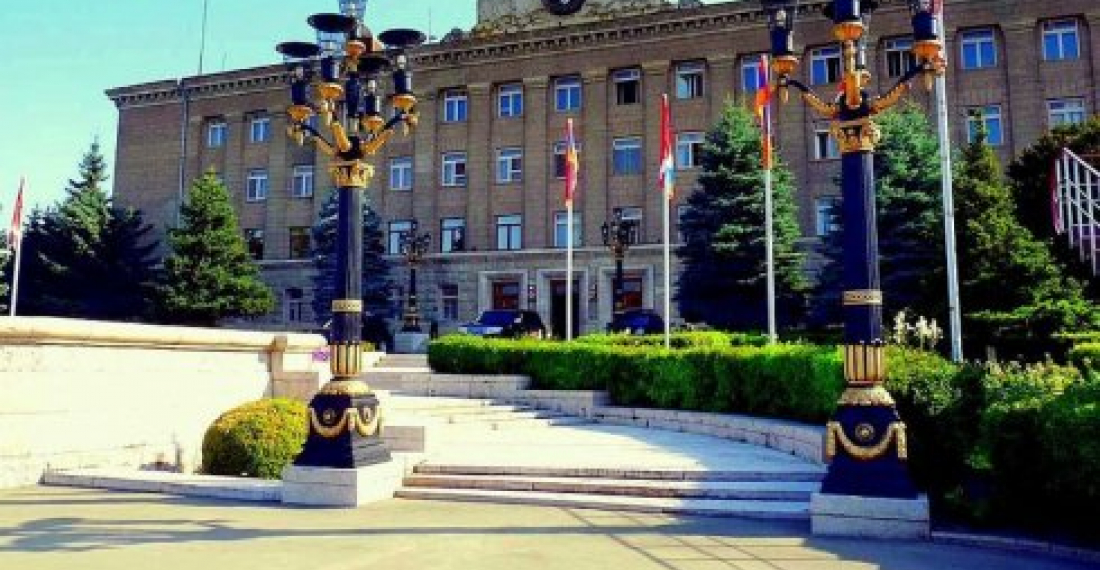The leadership of the self-declared Nagorno-Karabakh Republic (NKR) on Wednesday slammed comments made earlier by European Council president Donald Tusk, who is currently touring the region.
In Baku on Tuesday, Tusk had reiterated the EU's support for the sovereignity, independence and territorial integrity of Azerbaijan.
related content: President of the European Council, Donald Tusk meets Azerbaijani president in Baku
David Babayan, the spokesperson of the NKR president, Bako Sahakian, told Armenian News-NEWS.am, Tusk’s statements "show that he has a distorted notion of the Armenian-Azerbaijani conflict."
“It is necessary to speak roughly and sincerely about this because we attach importance to the relations with Europe and accept Europe as a fraternal territory in the sense of spirit and common civilization,” Babayan stated. According to him, Tusk’s statements on territorial integrity in Baku entail imbalance, news.am quoted Babayan as saying.
“Tusk needs to remember the right of nations to self-determination in order to maintain balance. These are principles that are equal to each other, and there is nothing mentioned about who is right or who is to blame. However, the attempts to set aside one principle and forget about other principles entail bias. Artsakh has the moral right to give a coarse response to this. The people of Artsakh have been fighting and shedding blood for their rights for more than 100 years already. Nagorno-Karabakh is a pioneer in the fight for human rights and has made contributions for the protection of European values, not less than the member states of the European Union,” Davit Babayan said.
In both Baku and Yerevan Tusk reiterated that any solution of the Nagorno-Karabakh conflict had to be peaceful, stressing the EU's support for the work of the Minsk Group co-chair countries and emphasising that the EU is also already supporting peace-building activities and is ready to assist concrete measures to prepare the populations for peace.
source: commonspace.eu with agencies







